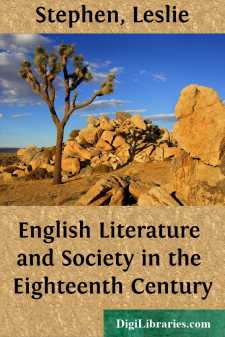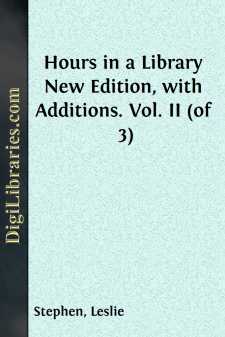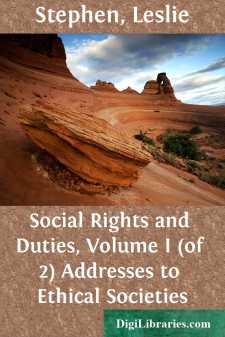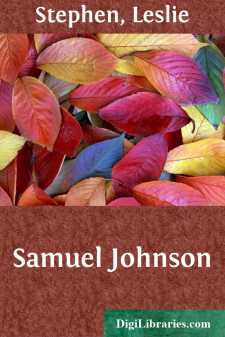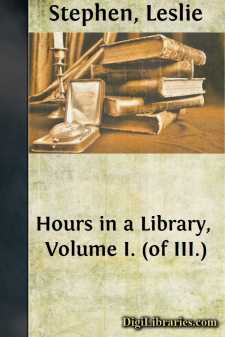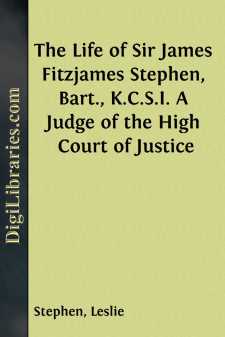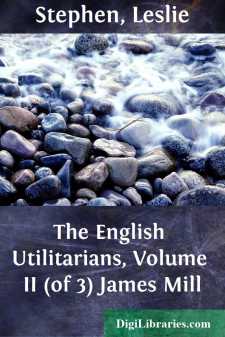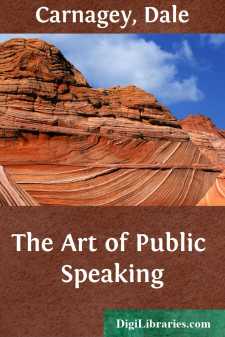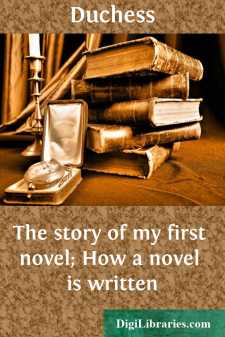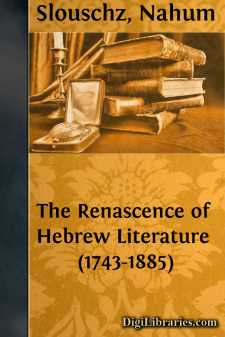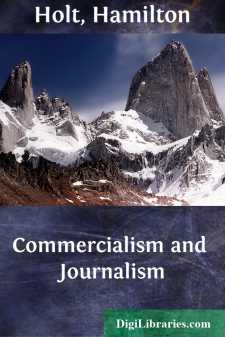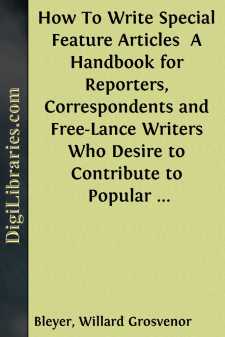Categories
- Antiques & Collectibles 13
- Architecture 36
- Art 48
- Bibles 22
- Biography & Autobiography 813
- Body, Mind & Spirit 142
- Business & Economics 28
- Children's Books 17
- Children's Fiction 14
- Computers 4
- Cooking 94
- Crafts & Hobbies 4
- Drama 346
- Education 46
- Family & Relationships 57
- Fiction 11829
- Games 19
- Gardening 17
- Health & Fitness 34
- History 1377
- House & Home 1
- Humor 147
- Juvenile Fiction 1873
- Juvenile Nonfiction 202
- Language Arts & Disciplines 88
- Law 16
- Literary Collections 686
- Literary Criticism 179
- Mathematics 13
- Medical 41
- Music 40
- Nature 179
- Non-Classifiable 1768
- Performing Arts 7
- Periodicals 1453
- Philosophy 64
- Photography 2
- Poetry 896
- Political Science 203
- Psychology 42
- Reference 154
- Religion 513
- Science 126
- Self-Help 84
- Social Science 81
- Sports & Recreation 34
- Study Aids 3
- Technology & Engineering 59
- Transportation 23
- Travel 463
- True Crime 29
English Literature and Society in the Eighteenth Century
by: Leslie Stephen
Description:
Excerpt
When I was honoured by the invitation to deliver this course of lectures, I did not accept without some hesitation. I am not qualified to speak with authority upon such subjects as have been treated by my predecessors—the course of political events or the growth of legal institutions. My attention has been chiefly paid to the history of literature, and it might be doubtful whether that study is properly included in the phrase 'historical.' Yet literature expresses men's thoughts and passions, which have, after all, a considerable influence upon their lives. The writer of a people's songs, as we are told, may even have a more powerful influence than the maker of their laws. He certainly reveals more directly the true springs of popular action. The truth has been admitted by many historians who are too much overwhelmed by state papers to find space for any extended application of the method. No one, I think, has shown more clearly how much light could be derived from this source than your Oxford historian J. R. Green, in some brilliant passages of his fascinating book. Moreover, if I may venture to speak of myself, my own interest in literature has always been closely connected with its philosophical and social significance. Literature may of course be studied simply for its own intrinsic merits. But it may also be regarded as one manifestation of what is called 'the spirit of the age.' I have, too, been much impressed by a further conclusion. No one doubts that the speculative movement affects the social and political—I think that less attention has been given to the reciprocal influence. The philosophy of a period is often treated as though it were the product of impartial and abstract investigation—something worked out by the great thinker in his study and developed by simple logical deductions from the positions established by his predecessors. To my mind, though I cannot now dwell upon the point, the philosophy of an age is in itself determined to a very great extent by the social position. It gives the solutions of the problems forced upon the reasoner by the practical conditions of his time. To understand why certain ideas become current, we have to consider not merely the ostensible logic but all the motives which led men to investigate the most pressing difficulties suggested by the social development. Obvious principles are always ready, like germs, to come to life when the congenial soil is provided. And what is true of the philosophy is equally, and perhaps more conspicuously, true of the artistic and literary embodiment of the dominant ideas which are correlated with the social movement.
A recognition of the general principle is implied in the change which has come over the methods of criticism. It has more and more adopted the historical attitude. Critics in an earlier day conceived their function to be judicial. They were administering a fixed code of laws applicable in all times and places. The true canons for dramatic or epic poetry, they held, had been laid down once for all by Aristotle or his commentators; and the duty of the critic was to consider whether the author had infringed or conformed to the established rules, and to pass sentence accordingly. I will not say that the modern critic has abandoned altogether that conception of his duty. He seems to me not infrequently to place himself on the judgment-seat with a touch of his old confidence, and to sentence poor authors with sufficient airs of infallibility. Sometimes, indeed, the reflection that he is representing not an invariable tradition but the last new æsthetic doctrine, seems even to give additional keenness to his opinions and to suggest no doubts of his infallibility. And yet there is a change in his position. He admits, or at any rate is logically bound to admit, the code which he administers requires modification in different times and places. The old critic spoke like the organ of an infallible Church, regarding all forms of art except his own as simply heretical. The modern critic speaks like the liberal theologian, who sees in heretical and heathen creeds an approximation to the truth, and admits that they may have a relative value, and even be the best fitted for the existing conditions. There are, undoubtedly, some principles of universal application; and the old critics often expounded them with admirable common-sense and force. But like general tenets of morality, they are apt to be commonplaces, whose specific application requires knowledge of concrete facts. When the critics assumed that the forms familiar to themselves were the only possible embodiments of those principles, and condemned all others as barbarous, they were led to pass judgments, such, for example, as Voltaire's view of Dante and Shakespeare, which strike us as strangely crude and unappreciative. The change in this, as in other departments of thought, means again that criticism, as Professor Courthope has said, must become thoroughly inductive. We must start from experience. We must begin by asking impartially what pleased men, and then inquire why it pleased them. We must not decide dogmatically that it ought to have pleased or displeased on the simple ground that it is or is not congenial to ourselves. As historical methods extend, the same change takes place in regard to political or economical or religious, as well as in regard to literary investigations. We can then become catholic enough to appreciate varying forms; and recognise that each has its own rules, right under certain conditions and appropriate within the given sphere. The great empire of literature, we may say, has many provinces....


